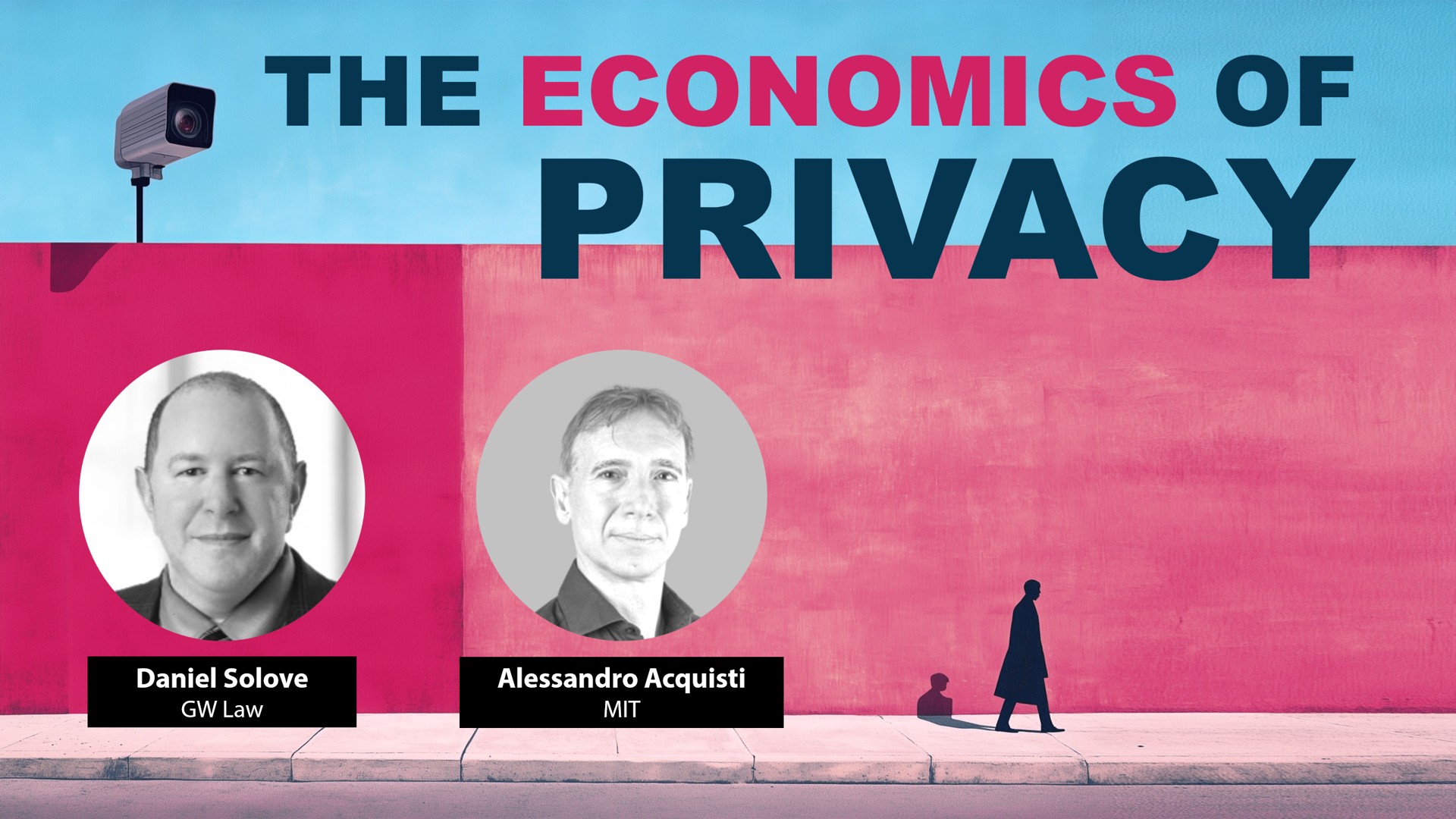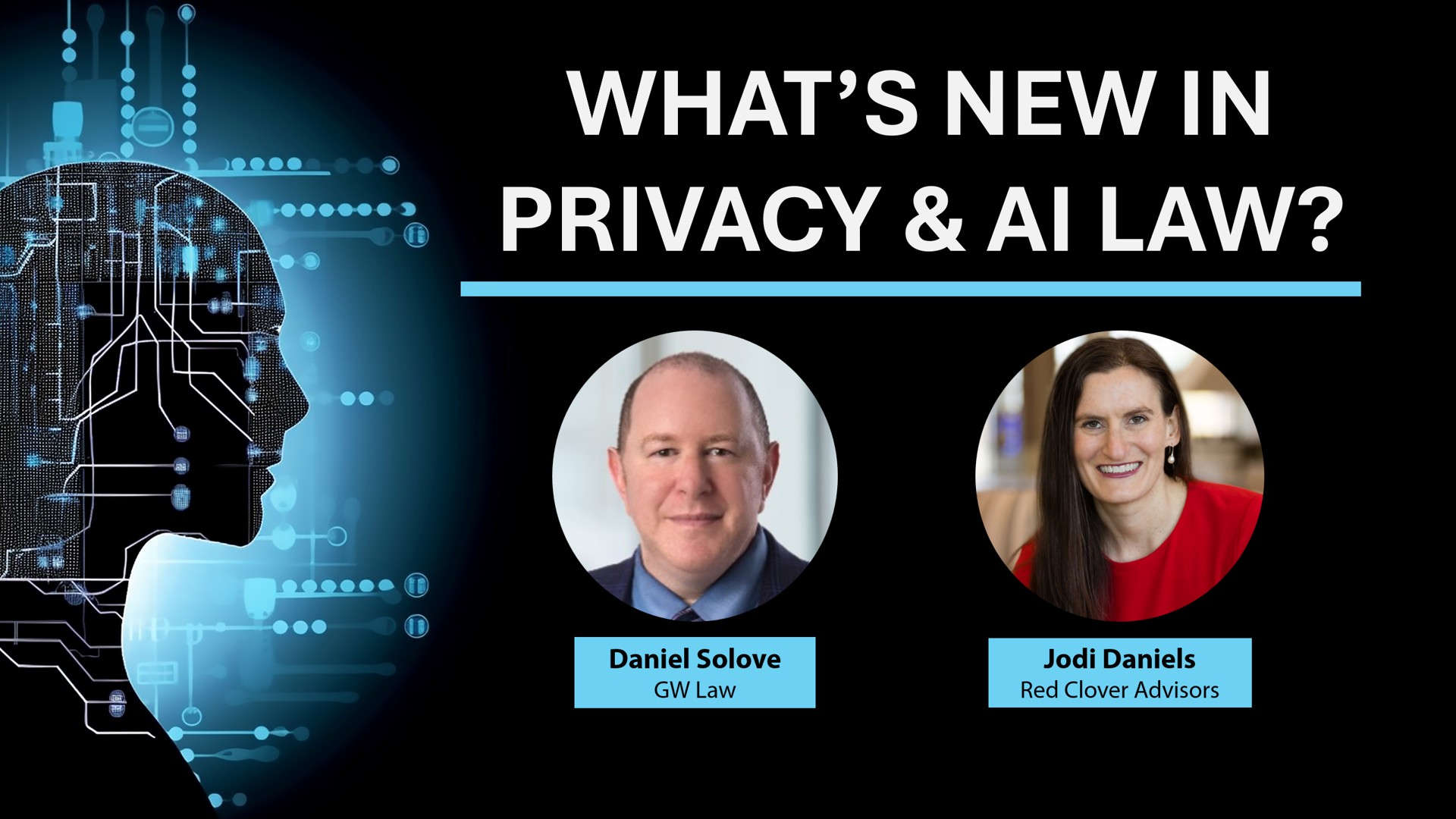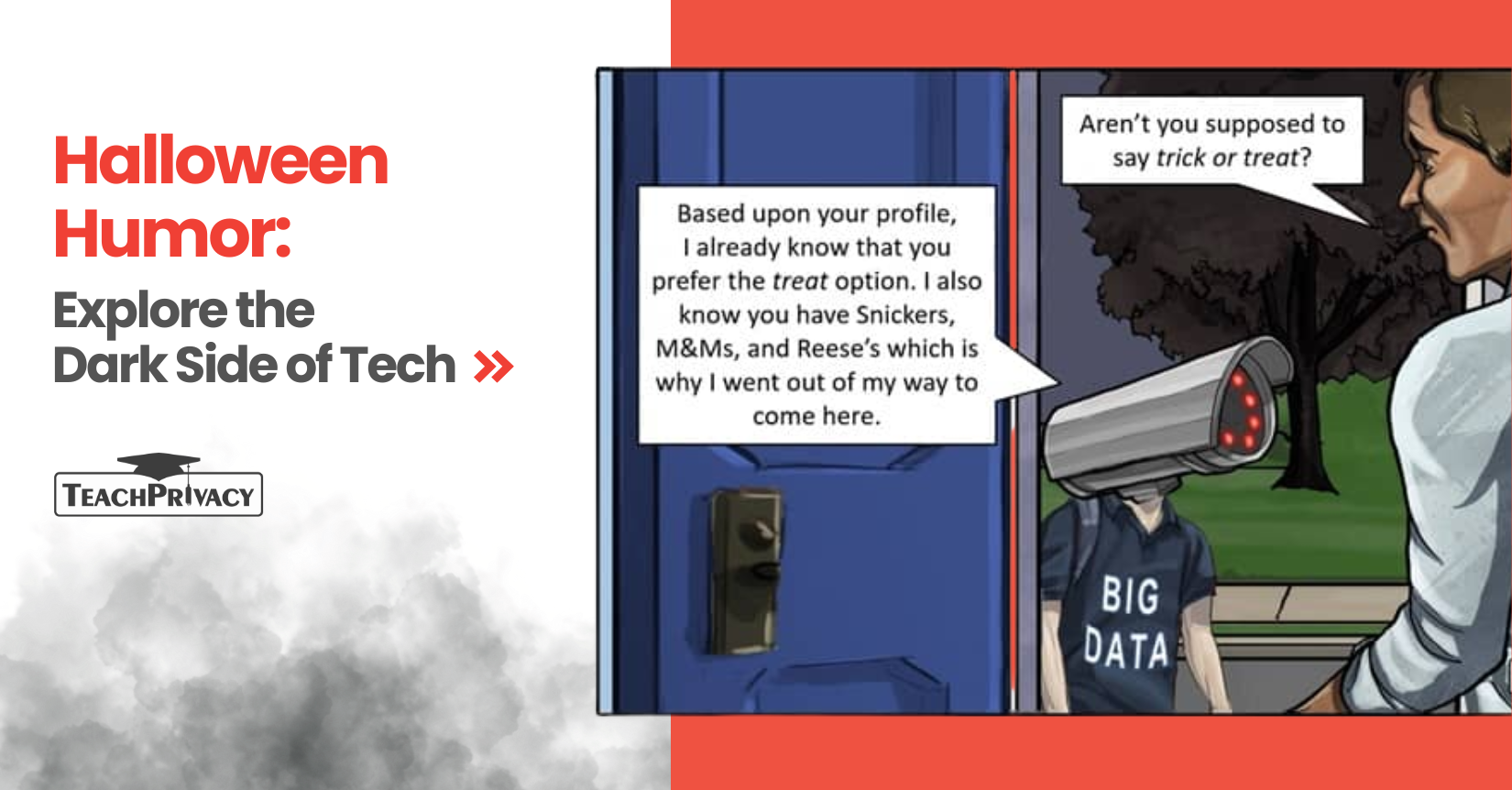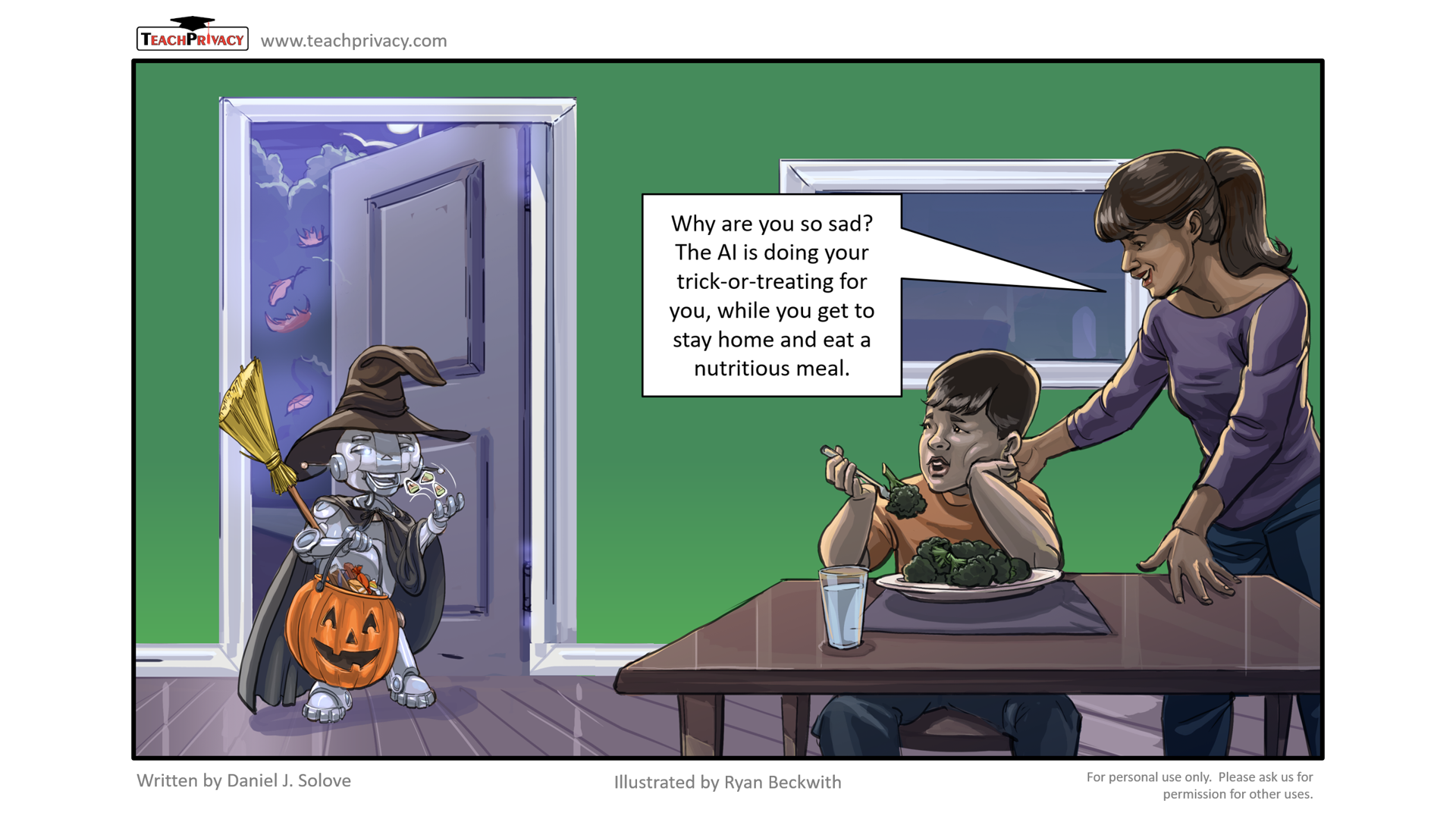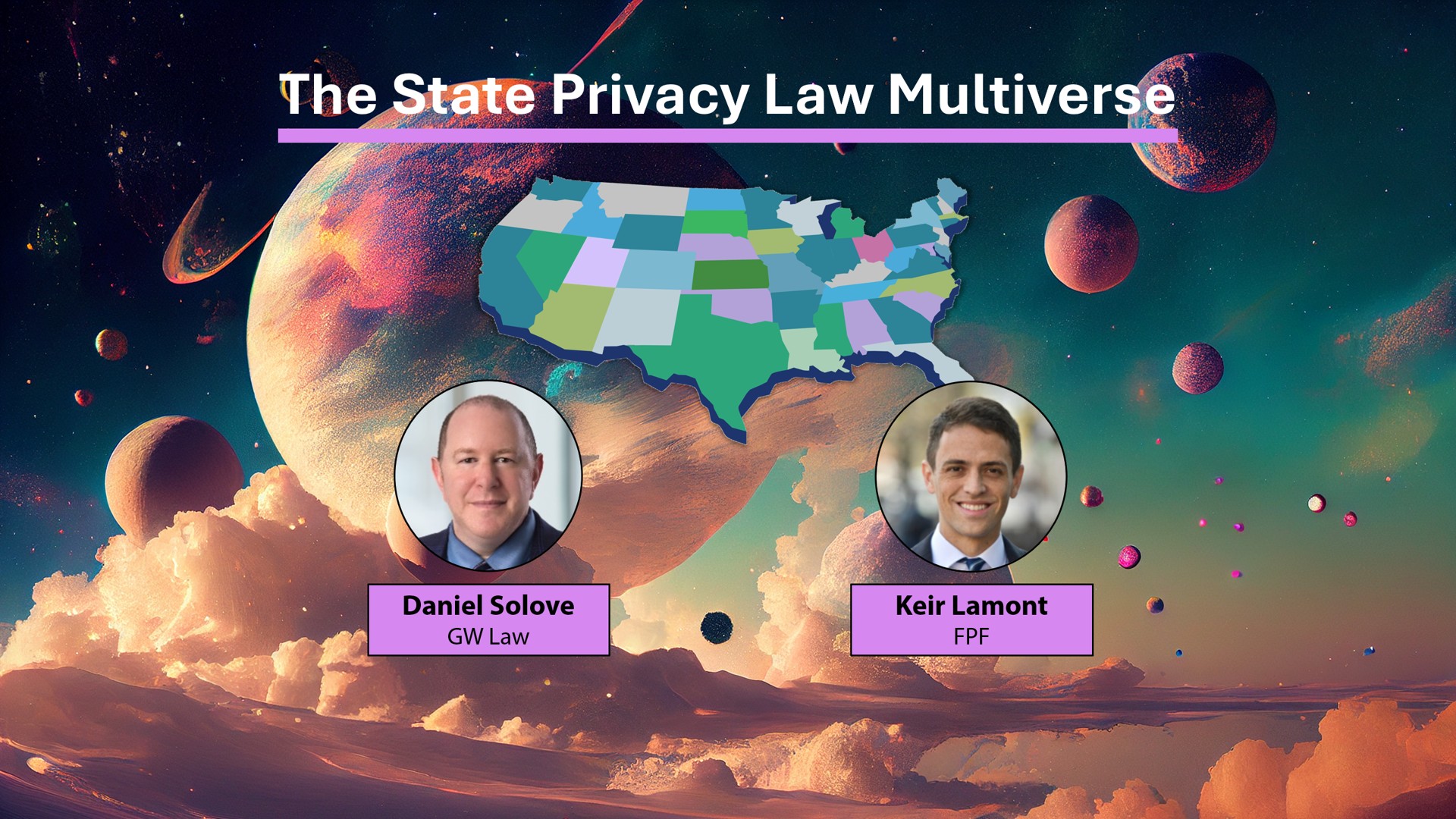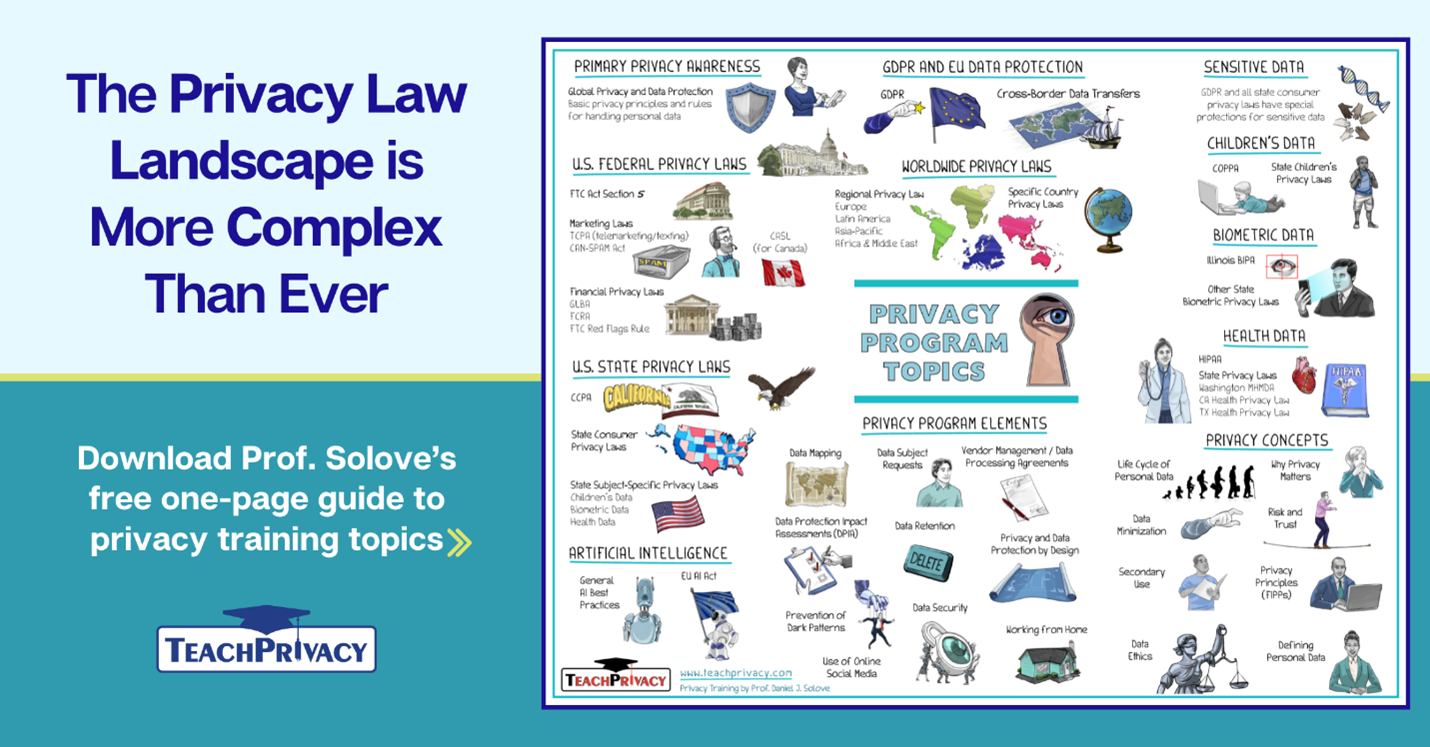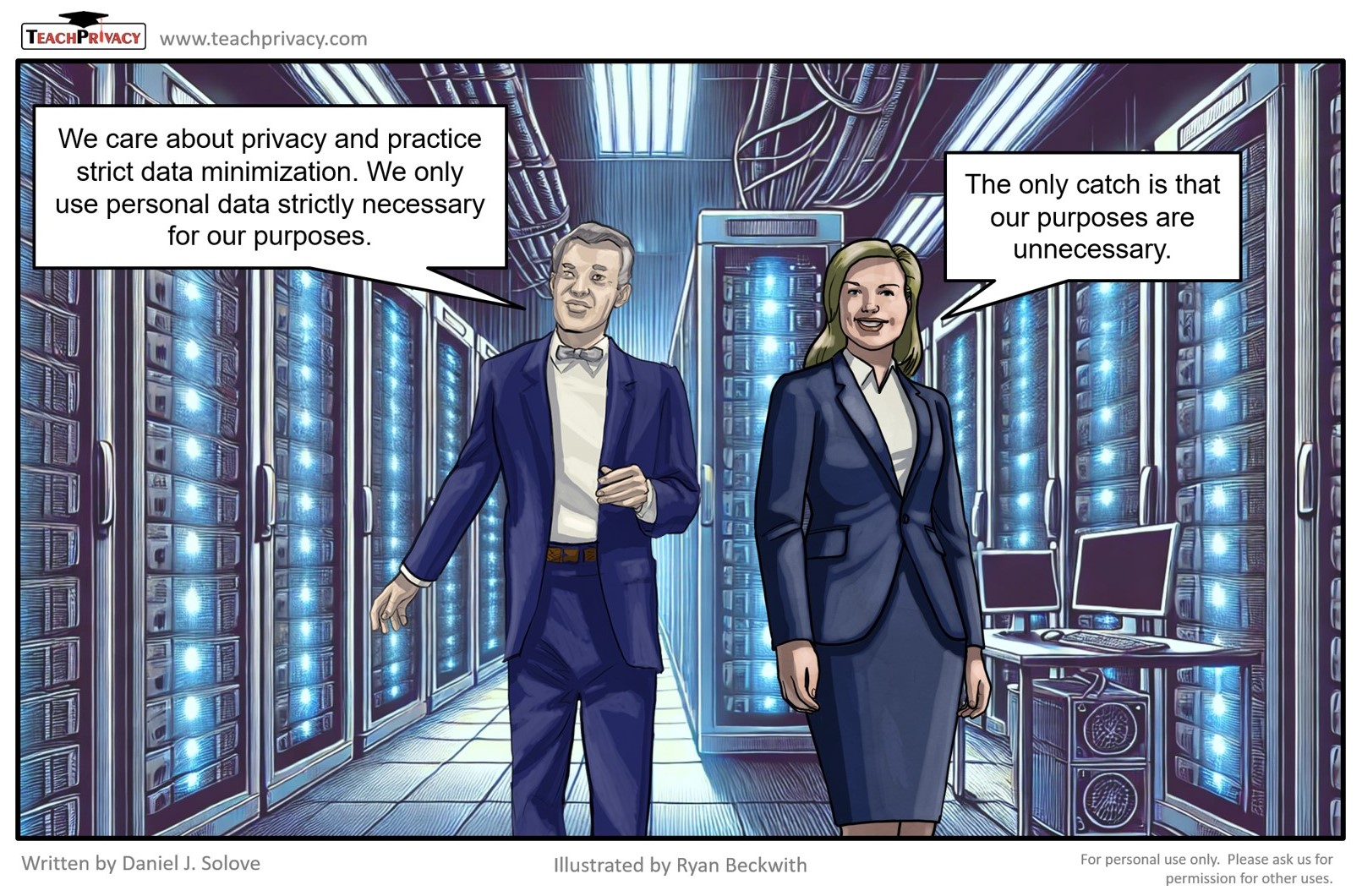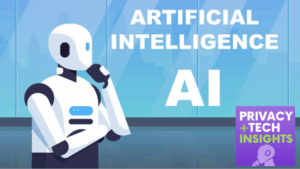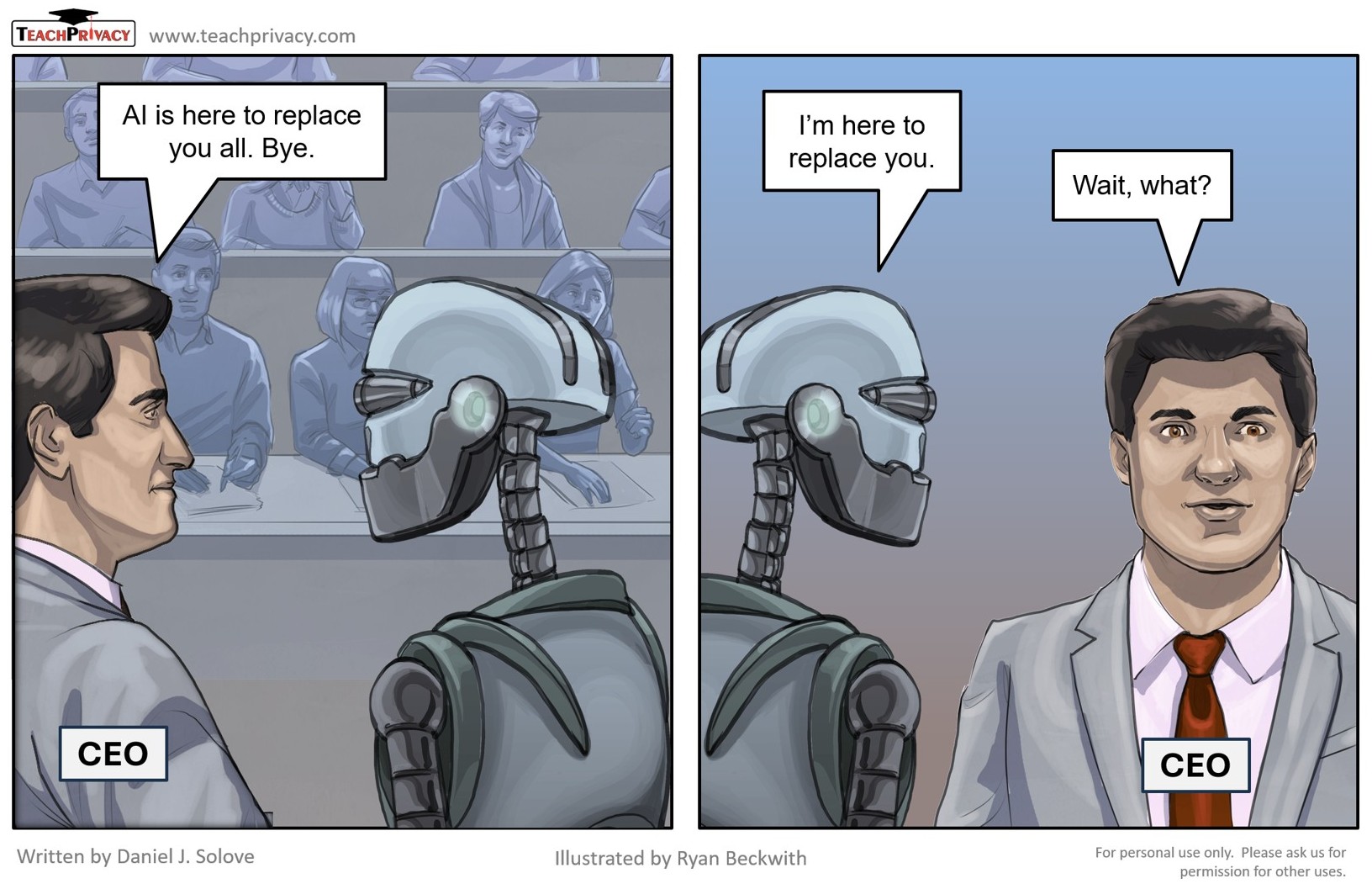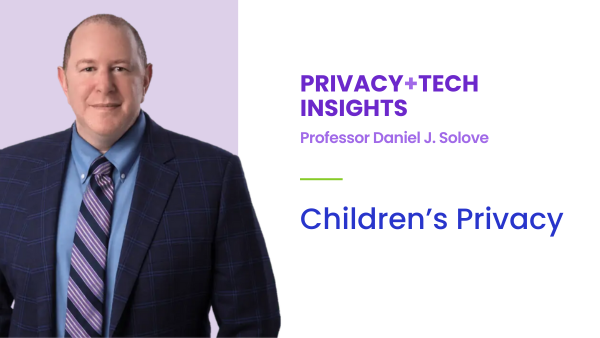
Teaching children about privacy is crucial, as their futures will be intertwined with technology that uses personal data.
Unfortunately, many K-12 schools do not adequately address this topic.
![]()
The EyeMonger: My Children’s Book About Privacy
I wrote The Eyemonger to introduce children to the topic of privacy. My goal is for this book to spark a series of discussions that help inform young minds. The book is for ages 7-12.
The Eyemonger is available at Amazon, Powells, and Walmart.



